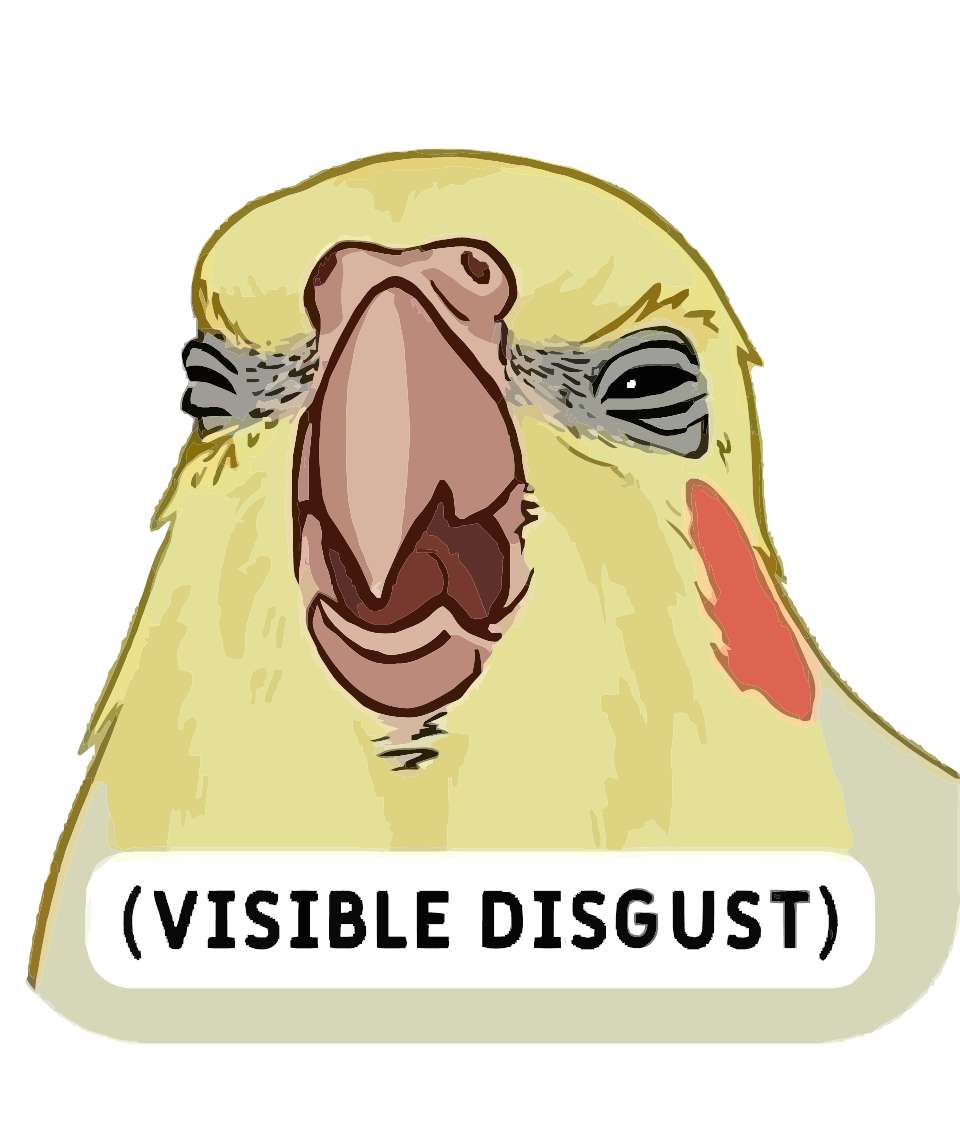Ants are eusocial insects of the family Formicidae and, along with the related wasps and bees, belong to the order Hymenoptera. Ants evolved from vespoid wasp ancestors in the Cretaceous period. More than 13,800 of an estimated total of 22,000 species have been classified. They are easily identified by their geniculate (elbowed) antennae and the distinctive node-like structure that forms their slender waists.
Ants form colonies that range in size from a few dozen individuals often living in small natural cavities to highly organised colonies that may occupy large territories with sizeable nest that consist of millions of individuals or into the hundreds of millions in super colonies. Typical colonies consist of various castes of sterile, wingless females, most of which are workers (ergates), as well as soldiers (dinergates) and other specialised groups. Nearly all ant colonies also have some fertile males called "drones" and one or more fertile females called "queens" (gynes). The colonies are described as superorganisms because the ants appear to operate as a unified entity, collectively working together to support the colony.
Ants have colonised almost every landmass on Earth. The only places lacking indigenous ants are Antarctica and a few remote or inhospitable islands. Ants thrive in moist tropical ecosystems and may exceed the combined biomass of wild birds and mammals. Their success in so many environments has been attributed to their social organisation and their ability to modify habitats, tap resources, and defend themselves. Their long co-evolution with other species has led to mimetic, commensal, parasitic, and mutualistic relationships.
Ant societies have division of labour, communication between individuals, and an ability to solve complex problems. These parallels with human societies have long been an inspiration and subject of study. Many human cultures make use of ants in cuisine, medication, and rites. Some species are valued in their role as biological pest control agents. Their ability to exploit resources may bring ants into conflict with humans, however, as they can damage crops and invade buildings. Some species, such as the red imported fire ant (Solenopsis invicta) of South America, are regarded as invasive species in other parts of the world, establishing themselves in areas where they have been introduced accidentally.
-
Non-native ants are breaking down biogeographic boundaries and homogenizing community assemblages
-
How 16th Century Trade Made Fire Ants an Early Global Invader
Megathreads and spaces to hang out:
- 📀 Come listen to music and Watch movies with your fellow Hexbears nerd, in Cy.tube
- 🔥 Read and talk about a current topics in the News Megathread
- ⚔ Come talk in the New Weekly PoC thread
- ✨ Talk with fellow Trans comrades in the New Weekly Trans thread
- 👊 Share your gains and goals with your comrades in the New Weekly Improvement thread
reminders:
- 💚 You nerds can join specific comms to see posts about all sorts of topics
- 💙 Hexbear’s algorithm prioritizes comments over upbears
- 💜 Sorting by new you nerd
- 🌈 If you ever want to make your own megathread, you can reserve a spot here nerd
- 🐶 Join the unofficial Hexbear-adjacent Mastodon instance toots.matapacos.dog
Links To Resources (Aid and Theory):
Aid:
Theory:


Amazon has vending machines internally kinda like this, I just learned last week from their workers complaining about it online.
I don't think they're AI powered but that's how they give workers necessary equipment like gloves (I think the semi-disposable kind). And they limit them to like one pair a week or less, even though most workers need more than that and some work with adhesives and need a new pair daily, so they have to track down a manager to get their gloves every day.
I kinda doubt yours is AI powered though, probably just simpler sensors like the hotel minibar things. Amazon actually stopped doing the AI store thing and it was revealed that they had humans in exploited countries doing the tabulating because they never got the AI to work
I found the company name in the menus on the shitty touch screen, stockwell.ai, so yeah it's AI powered.
Using humanity's cutting edge technologies to detect... vending machine fraud, a very real and serious problem.
But yeah, most of that could probably be done with weight sensors, though that would make the scary vending machine fraud easier. If only there was a way to make the machine give you the item and only after you pay for it.
Do hotels do that? I kind of assumed it was just the cleaners taking stock. Most of the hotels I've been in definitely looked like they had pretty basic mini fridges. Maybe more expensive hotels I guess?
Oh gross lol. I kinda assume there's a human in the loop somewhere but who knows
Yeah hotels use either little weight switches or simple beam-break sensors afaik. And they leave them out on the counter usually, so the drinks aren't even cold I last saw one in a holiday inn express iirc, but you can find videos on youtube of how they work.
I last saw one in a holiday inn express iirc, but you can find videos on youtube of how they work.